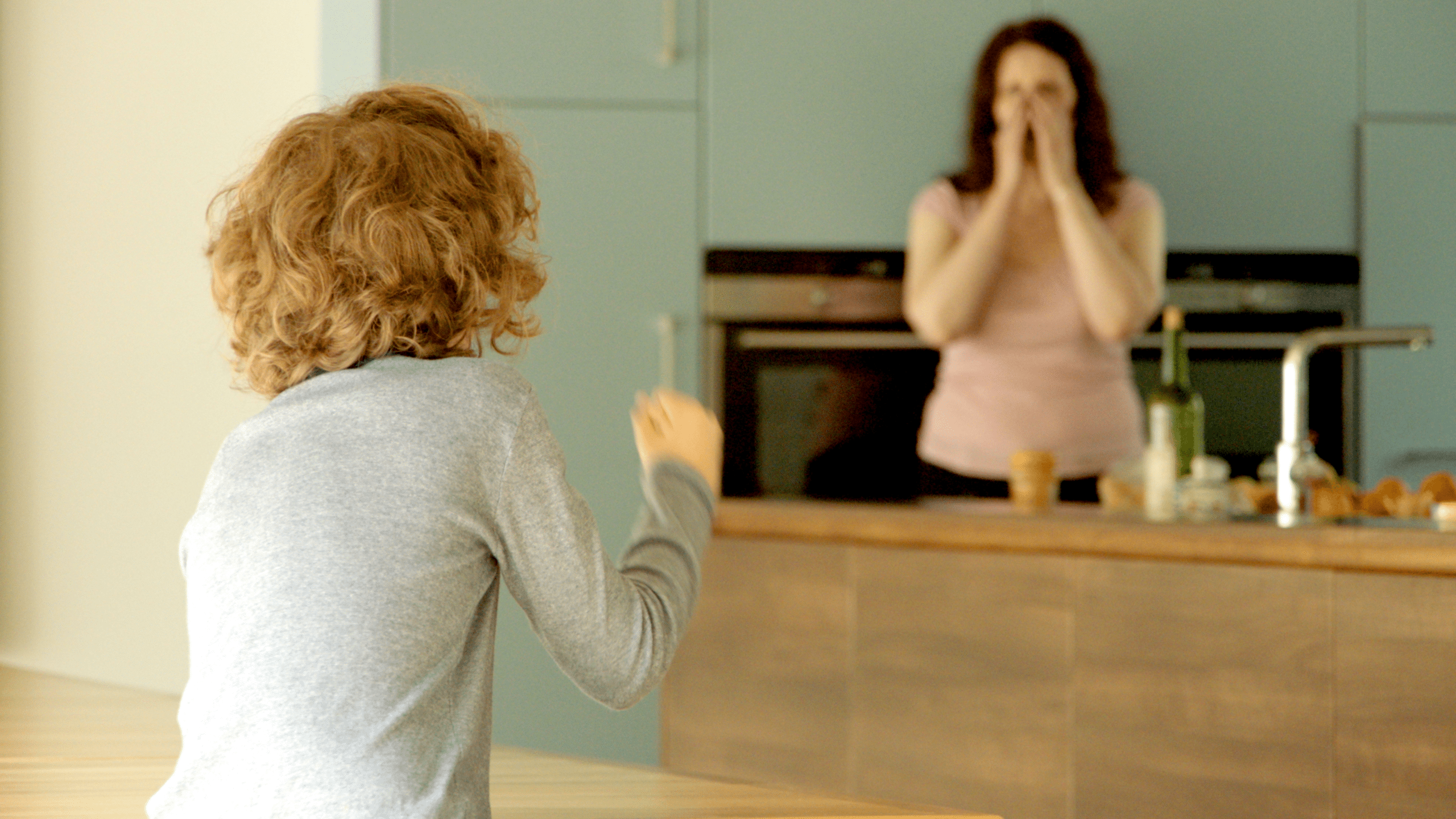
ADHD stands for Attention Deficit and Hyperactivity Disorder.
It is characterised by difficulties in the areas of attention, level of activity and impulse control. For a diagnosis, these core symptoms should be present by the age of 7 years, even if they’re not recognised until later in the child’s life.
ADHD is sometimes called “hyperkinetic disorder”. It is also, at times, referred to as “attention deficit disorder” (ADD) if problems are mainly due to difficulties with attention rather than overactivity.
Why ADHD can go undiagnosed
Some children can show the ADHD symptoms and behavioural difficulties in all settings. But others may present with more difficulties in one setting than in others.
For example, the child may exhibit problematic behaviours more at school than at home. They may struggle to complete tasks, be highly distractible and therefore become easily disruptive by talking. In addition, children with ADHD struggle to follow instructions during lessons. They may leave their seat, avoid tasks or get into arguments with others.
On the other hand, some children may have more behavioural difficulties at home than within a structured school environment. Often they’ll receive the appropriate support at school and this will help them with managing their ADHD symptoms better there than they do at home.
When problems are more evident at home, it can be very difficult for parents to feel understood and not blame themselves or feel judged by outsiders.
A child with ADHD may not present with the same degree of difficulties every day. They will have bad and good days. This presentation may make it difficult for the school to recognise the presence of ADHD as it will seem as though the child can control their behaviour.
How to support children with ADHD
There are many ways in which parents and teachers can support children who have ADHD:
- Give simple instructions
- Create a low stimulus environment to complete homework
- Set realistic goals for homework, for example ten minutes at a time
- Reinforce achievement
- Manage disruptive behaviours
Parenting programmes that focus on reinforcing desirable behaviour can be helpful. This includes working with the child on self-esteem issues, on impulse and emotional control and on ensuring that parenting is consistent across caregivers; at home and at school.
Where to seek help
You can learn more about ADHD by reading our free fact sheets or watching our informational videos.
If you’re concerned that a child in your care may have ADHD, the GP or school SENCO (Special Educational Needs Coordinator) can help. They can make a referral to the local mental health service such as CAMHS (Child and Adolescent Mental Health Service), community paediatrician or another appropriate local support service.





